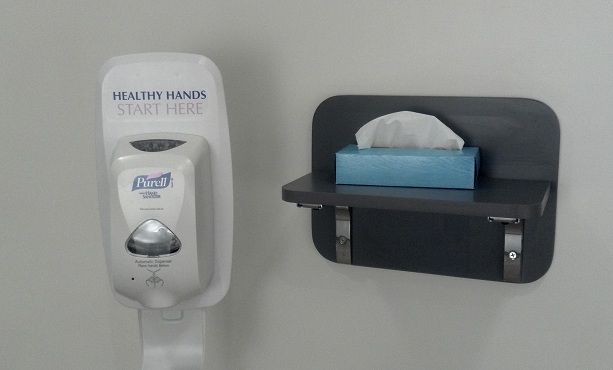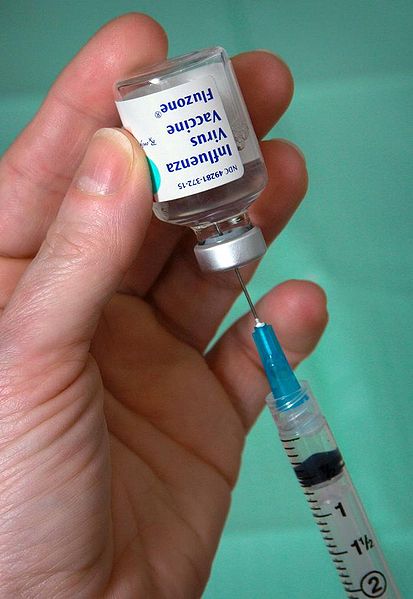Third Annual Report Shows Progress on Reducing Healthcare Associated Infections
Pennsylvania hospitals are making progress on reducing some healthcare associated infections according to the third annual report from state health officials. There was a decline in the overall number of health care associated infections in 2010. There was significant improvement in reducing infections in two areas; catheter associated urinary tract infections and central line blood stream infections.
Central line blood stream infections, the most costly and potentially serious, were down 24% in 2010 compared to 2009. Catheter associated urinary tract infections were down 13%. But the report looked at surgical site infections for the first time on a hospital-specific level and the numbers indicated they’re not going down as quickly as other categories.
Dr. Stephen Ostroff, acting Pennsylvania Physician General, says there are certain things to be done, such as reviewing the way catheters are inserted, the way they’re maintained and removing them as soon as possible without affecting patient care. He adds hand washing is also critical. He says hospitals have been working to decrease infections and their associated costs.
Dr. Ostroff calls the drop in central line blood steam infections very significant. But he believes we have to strengthen efforts to reduce the number of surgical site infections and get them on the decline as well.
The report was required under 2007 legislation. In addition, the Pennsylvania Health Care Cost Containment Council and the Patient Safety Authority also review healthcare associated infection data. You can see the report at the Health Department’s web site under the “What’s Hot” section.










